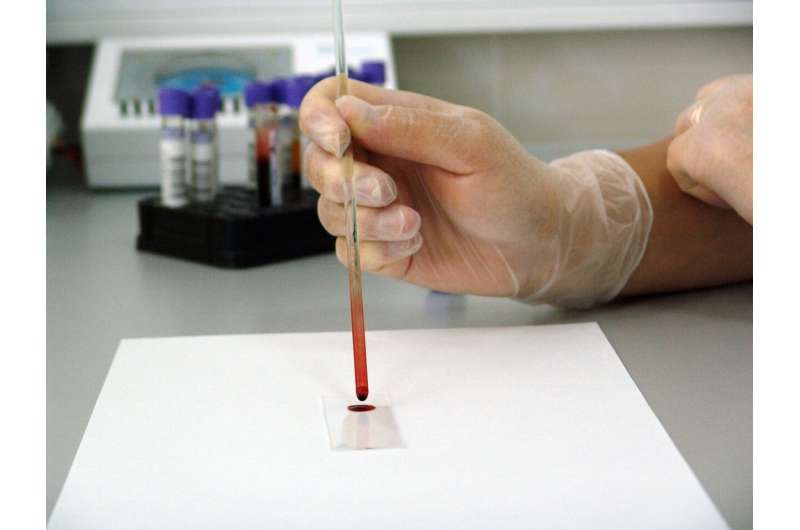Artificial Intelligence Enhances Prediction of Sudden Cardiac Arrest Risk

A groundbreaking AI model improves the prediction of sudden cardiac arrest in patients with hypertrophic cardiomyopathy, surpassing current clinical methods and enabling personalized treatment strategies.
Recent advancements in artificial intelligence (AI) are revolutionizing cardiac care by significantly improving the prediction of sudden cardiac arrest (SCA) in patients with hypertrophic cardiomyopathy, a common inherited heart condition. Developed by researchers at Johns Hopkins University, the new multimodal AI model outperforms traditional clinical guidelines in identifying individuals at high risk for SCA, which is a leading cause of death among young people and athletes.
Hypertrophic cardiomyopathy affects approximately 1 in 200 to 500 individuals worldwide, often progressing unnoticed. While many patients lead normal lives, a subset faces a markedly increased risk for fatal arrhythmias. Currently, clinicians rely on guidelines that offer about 50% accuracy in risk stratification—comparable to random chance—making it challenging to decide who should receive preventative interventions like implantable defibrillators.
The innovative AI system, called Multimodal AI for Ventricular Arrhythmia Risk Stratification (MAARS), analyzes an extensive range of patient data including long-underused contrast-enhanced MRI images of the heart and medical records. Notably, the AI zeroes in on fibrotic scarring within the heart tissue—a critical factor in sudden cardiac death risk—which had previously been difficult for doctors to interpret from raw MRI images.
In testing against actual patient data from Johns Hopkins and Sanger Heart & Vascular Institute, MAARS achieved an accuracy of 89%, substantially higher than the traditional guidelines. For patients aged 40-60—the demographic most at risk—the AI's accuracy soared to 93%. It can also provide explanations for its risk assessments, empowering physicians to develop tailored treatment plans.
The researchers highlight that this technological breakthrough could save lives by enabling more precise determination of who needs preventive therapy, reducing unnecessary procedures for others. Dr. Natalia Trayanova emphasized that the AI's ability to uncover hidden information within MRI scans marks a significant step toward personalized cardiology.
Building on earlier work in 2022 that predicted cardiac arrest risks based on infarct analysis, this new AI model broadens the scope to include other heart diseases such as cardiac sarcoidosis and arrhythmogenic right ventricular cardiomyopathy. The team plans further testing and expansion of the technology to refine its accuracy and clinical utility.
Published in Nature Cardiovascular Research, this study underscores AI's potential to transform cardiac diagnostics, offering hope for more effective prevention strategies against sudden cardiac death.
Stay Updated with Mia's Feed
Get the latest health & wellness insights delivered straight to your inbox.
Related Articles
Understanding Why Detecting Illnesses Often Requires More Than Just a Few Drops of Bodily Fluids
Discover why most medical diagnoses still depend on larger sample volumes of blood, urine, or saliva to ensure accurate and reliable results, despite advances in testing technology.
Study Finds Younger Adults with Frailty at Increased Risk of Mortality and Hospitalization
New research shows that frailty in younger adults significantly increases the risk of death and emergency hospital admissions, highlighting the need for early detection and intervention across all adult ages.
Willingness to Share Health Data for Improved Medical Care
A recent study finds that 94% of wearable device users are open to sharing health data with their doctors, paving the way for personalized healthcare advancements.


